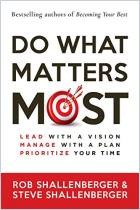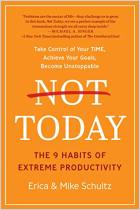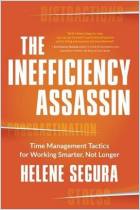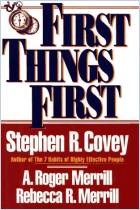Strategic planning experts Brian Moran and Michael Lennington say that when you conceptualize a year in only 12 weeks, you accomplish what most people do in a year. Good ideas aren’t what determine success. High performers are simply better at executing their ideas. Learn to move toward your goals more effectively using the authors’ unique system while staying motivated and accountable. Employ their research-backed tactics to transform yourself into the CEO of your own life – and create lasting change.
Annualized thinking is ineffective. Think in 12-week increments instead.
People tend to think in yearlong increments, but annualized thinking proves unproductive. People tend to feel they have lots of time to accomplish their goals and, as a result, don’t accomplish them efficiently. When you conceptualize a year in 12 weeks and plan in shorter increments of time, your focus increases as you execute daily and weekly actions toward your goal.
Three principles make up the 12-Week Year:
- Accountability – Never stop asking yourself what you can do to achieve your desired results.
- Commitment – Keep the promises you make to yourself.
- Greatness – Excel in the present moment with self-discipline.
High performers don’t have better ideas – they have better execution systems.
The 12-Week Year’s unique system can help you find success using five disciplines:
- Vision – Motivate yourself by aligning your personal and professional goals with a meaningful vision.
- Planning – Increase your odds...

















Comment on this summary or Start Discussion